A Look to the Future with a Nod to the Past
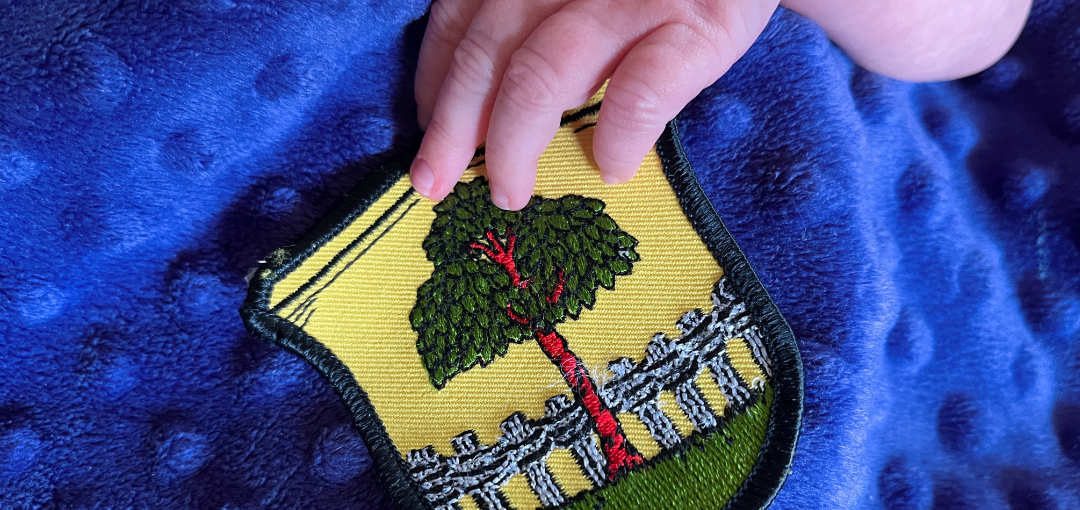
My father, Mark, and I spend a lot of time thinking about our Hagenbuch family, including its present, living members and the generations of ancestors from the past. That’s genealogy after all, and last weekend our passion for it was on full display at the 75th Hagenbuch Reunion.
Yet, increasingly I have found myself looking forward to ponder the future of our family. One reason for this stems from a change in my life. In late April, my wife, Sara, and I welcomed our second child, Henry Keith Hagenbuch. Henry joins his two-year-old brother, William, making us a family of four.
Sara and I decided to continue with tradition and honor our families through Henry’s naming. His first name comes from his paternal 5th great grandfather, Henry Hagenbuch (b. 1772), who was the first Hagenbuch to relocate to Columbia County, Pennsylvania in 1802. It is also the middle name of his maternal 2nd great grandfather William “Bill” Henry Mowery (b. 1907). Additionally, Henry’s middle name comes from his maternal grandfather, Keith Gerard Mowery, and it is hoped this will tie him to the heritage of his mother’s side of the family.
If Henry’s birth is any precedent for his life, then it appears he will be marching to the beat of his own drum—in quickstep! After a relatively brief labor at home, Sara and I arrived at the hospital to find every room in the maternity ward full. In a pinch, we were given a small assessment room to wait in until a larger one became available. Henry, however, was having none of that, and just over an hour later, he was born. The midwife, nurses, and other hospital staff could barely fit into the tiny space!
Before Henry arrived, we had been told that an older sibling may have trouble adjusting to a new baby. This didn’t seem to be the case with William when he met Henry. That said, he did initially express some fear of his younger brother and refused to interact with him. Eventually, his curiosity won out. First, he carefully touched Henry’s hand. A few days later, he gently kissed his head. Finally, after about a week, William asked to hold Henry. What a sight to behold! He beamed with a big smile as he cradled his younger brother. Sara and I hope their relationship will only continue to blossom.
Since being introduced to his brother, Henry has gone on to meet his maternal and paternal grandparents and, most recently, his maternal great grandparents. His paternal grandparents, Mark and Linda (Gutshall) Hagenbuch, presented him with a special gift—a small chest with his name on it and decorated with birds similar to Charles Hagenbuch’s (b. 1811) birth and baptism Fraktur. The chest is painted with the names of his parents and paternal grandparents too.
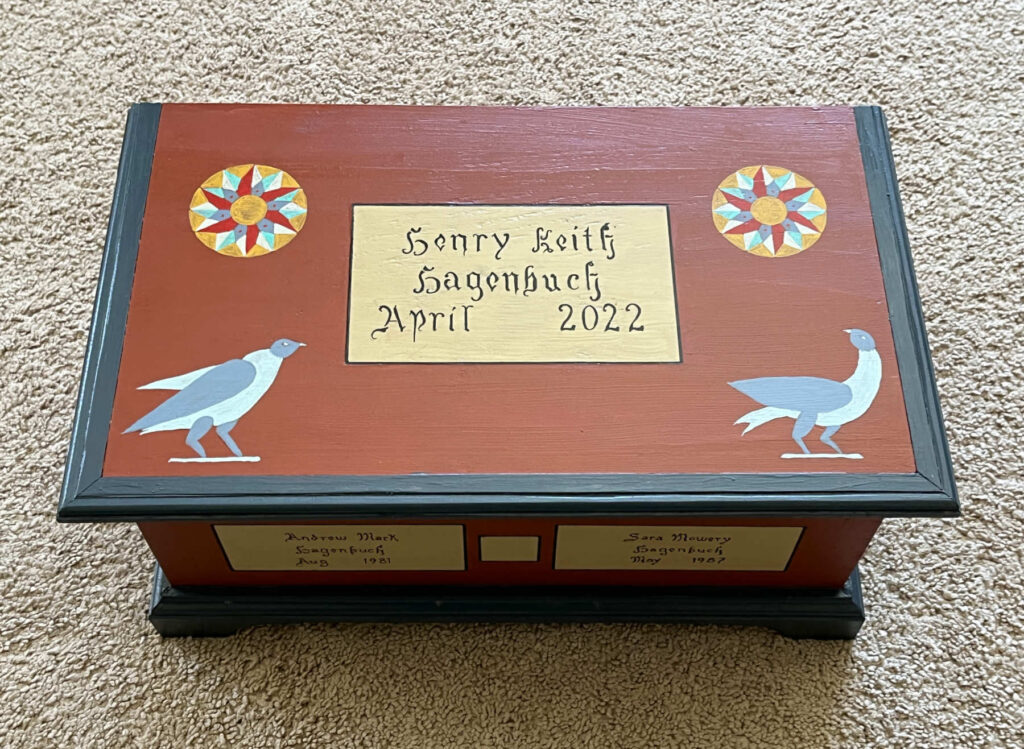
Chest made for Henry K. Hagenbuch and presented by his grandparents, Mark and Linda (Gutshall) Hagenbuch
All of this has gotten me thinking about the future. I wonder what Henry will be like as he grows older. I reflect upon how the connection between William and Henry will strengthen over time. Finally, I contemplate my role in this, the responsibilities I have to my children, and what, if anything, I owe to my descendants in the generations yet to come.
Twenty years ago, while in college, I enrolled in a philosophy course where the professor introduced the concept of a moral community. A moral community refers to those we value similarly to ourselves and afford rights to as a result. Generally, our moral community has expanded over time. For instance, in the 19th century women could not vote or claim ownership of property in the same way as men. This was one of the factors leading to the Hagenbuch homestead being sold in 1855. By the 20th century, the moral community grew to encompass women equally. Today, our moral community holds more than humans, protecting certain animals from abuse and the exploitation of the environment. It even includes our deceased ancestors, honoring their final wishes and safeguarding their remains.
Is the future part of our moral community too? Should we consider our unknown descendants in our decision making, though we don’t yet know their names? At a minimum, it seems reasonable to better include children—the next generation of adults—in our moral community. While they are still minors without a vote and with little say in our society, that will change one day soon. How will they judge us for the choices we have made and for the world we have left them?
In 2019, when I wrote about the birth of William, I shared some research demonstrating how children give us hope for the future. If this is what they provide us, then I propose we more carefully examine how our decisions impact their future, one that we desire to be even better than the present.
At least this is what I tell myself as a parent of two young Hagenbuchs. For now, their world is very small and their concerns are focused on the simple joys of food, family, and play. One day that will change. They will reflect upon their parents as they are and as they once were. They will wonder about their names and their ancestors from the past. They will ponder their present, how it came to be, and what lies ahead for the future—just like previous generations.
I sure hope I can be there to experience it with them.

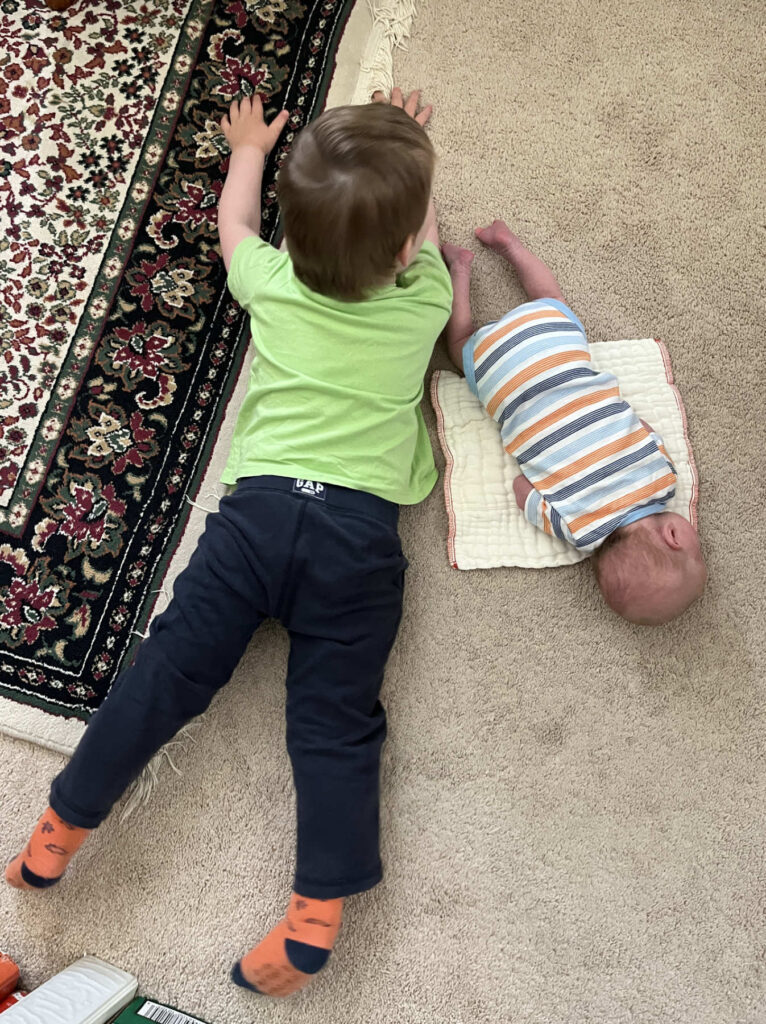
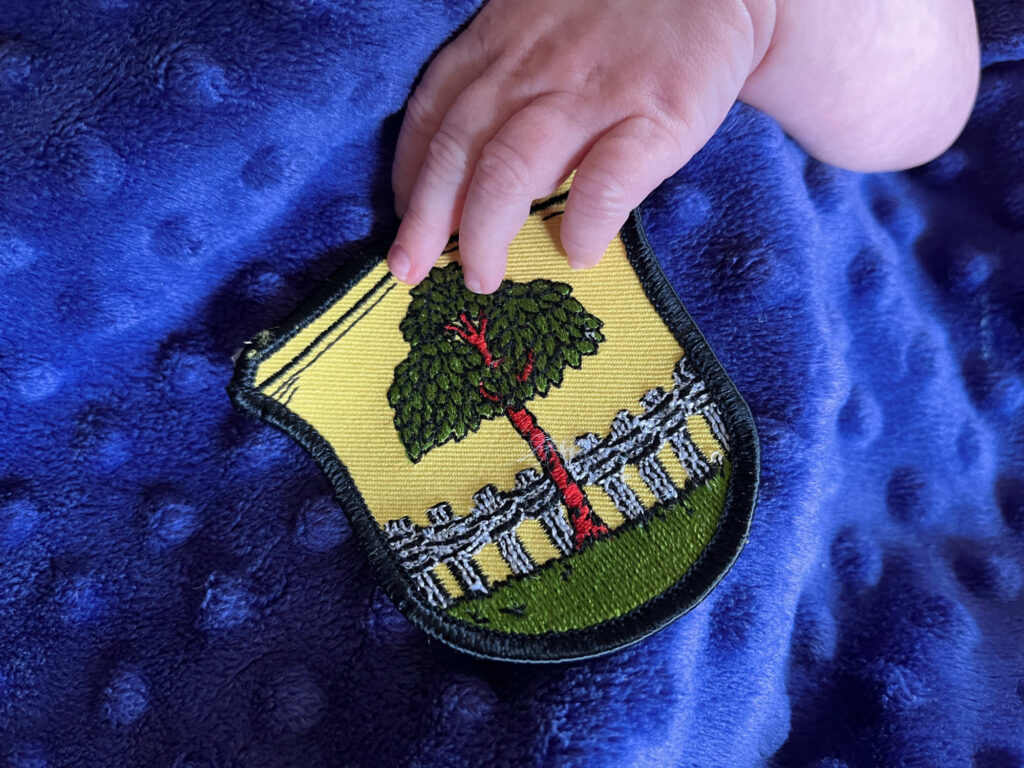
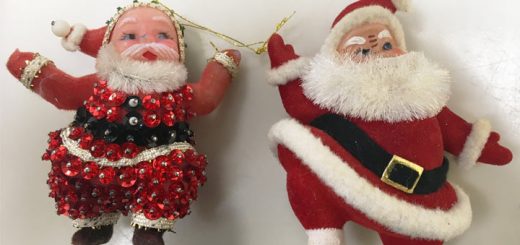
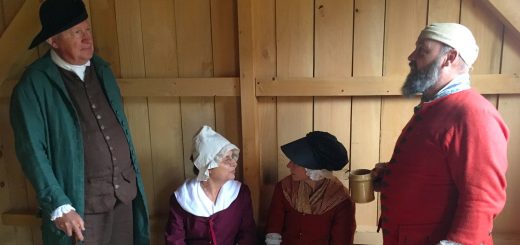
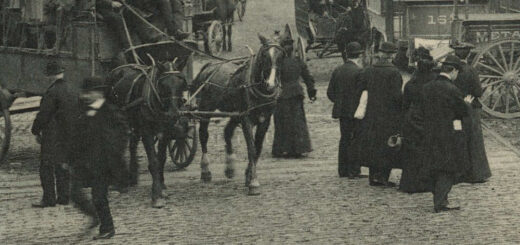









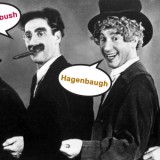


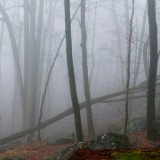
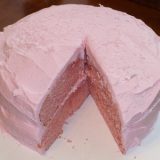
Thanks Andrew .. something everyone should be concerned with!!! It is one thing to look to the past to see where you came from .. but then, it is more important to make sure the future is worth looking back to by those that are yet to come. Well done .. kiss William and Henry for me .. and make sure they hear the stories about Uncle Dave!!!!
Thanks, Uncle Dave, and will do! Henry just started smiling and trying to laugh in the past week or so. William helped hand crank some ice cream tonight too—good times!
What a sweet tribute to your family. Your Uncle Dave had some wise words about the past connecting to the future, which is what you and your father continue to do. Thank you for all that you do.